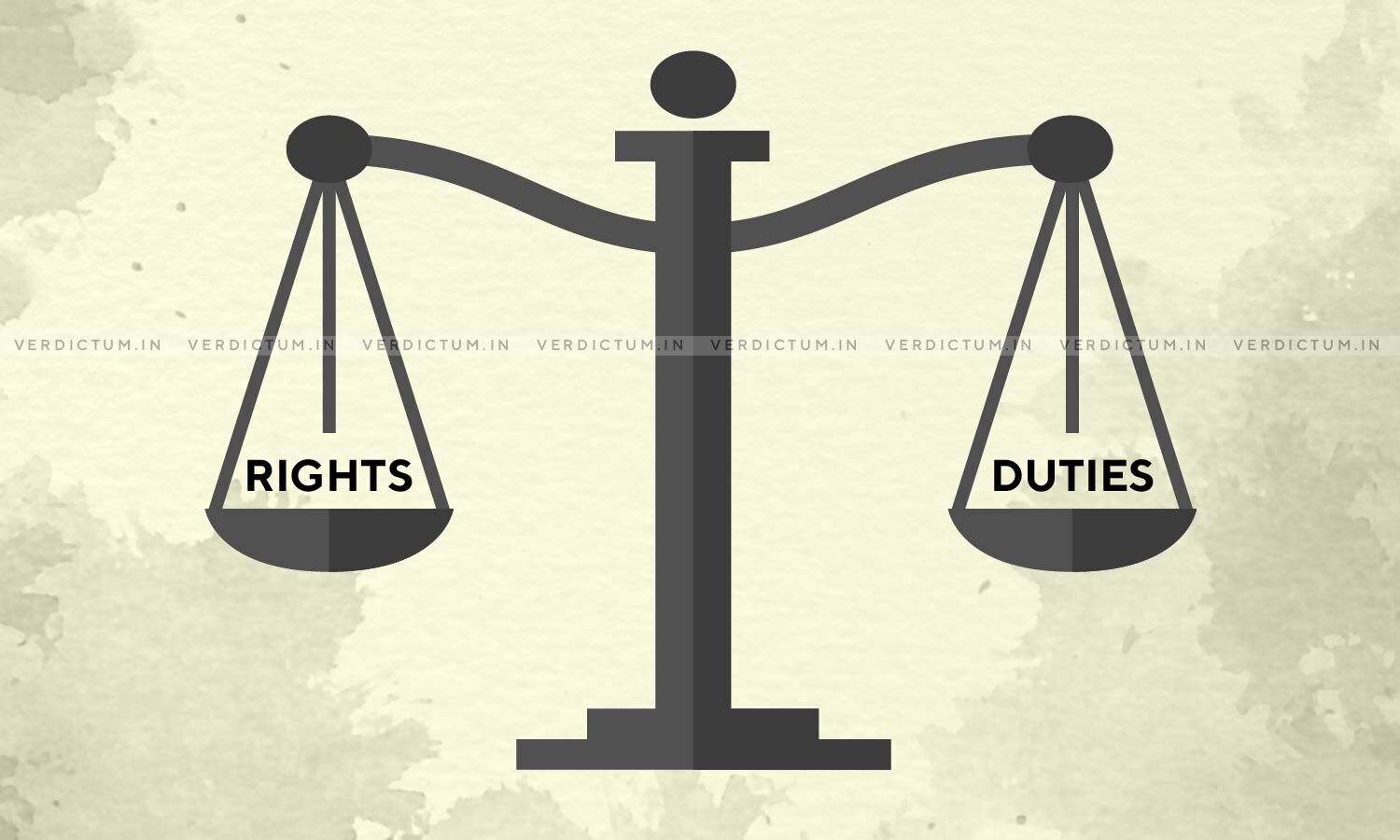
Conflict happens. It’s part of life, and it’s something that we all have to deal with. Whether you’re in a relationship, at work, or hanging out with friends—conflicts are bound to come up. And while they can often be stressful and uncomfortable, they don’t have to be the end of the world.
Building effective conflict resolution skills is essential for maintaining healthy relationships and fostering a positive work or social environment. Here are some tips to help you enhance your conflict resolution skills:
Active Listening
If you want to get better at resolving conflicts, you must practice active listening. When you’re in conflict with someone, it’s easy to get distracted by your own feelings and forget about the other person’s point of view, but this can lead to miscommunication and hurt feelings. Develop the ability to actively listen to others involved in the conflict. This means giving your undivided attention, maintaining eye contact, and showing empathy by responding appropriately to what they have to say. Avoid interrupting or formulating responses before the other person finishes speaking. This demonstrates respect and helps you understand their perspective.
Stay Calm and Manage Emotions
You’ve been there. You’re in the middle of a conflict, and you’re feeling strong emotions. You want to scream, or cry, or throw something at the wall—or maybe all three! And it’s hard not to act on those strong emotions because they feel so real.
But here’s the thing: if you want to get better at resolving conflicts in your life, you must practice being able to stay calm and manage your emotions. Conflict can often trigger strong emotions, but it’s crucial that we remain calm and composed during these situations. Take deep breaths, control your emotions, and avoid responding impulsively. Emotional reactions can escalate the conflict, so strive to approach the situation with a level head.
Seek to Understand
When you’re in a conflict situation, it’s easy to get caught up in the heat of the moment and not really think about what caused the conflict in the first place. But if you want to resolve that conflict, you need to take a step back and try to understand what’s really going on.
Think about it: if there are underlying causes and motivations behind the conflict, then the best way to solve it is by addressing those causes and motivations. That means asking open-ended questions that encourage your partner to share their viewpoint and feelings. By understanding where they’re coming from, you can find common ground and work towards a resolution.
Communicate Clearly
We all have our own unique style of communicating. Some people are more direct and assertive while others are more indirect and passive-aggressive. Regardless of your style, it’s important that you communicate clearly with others.
If you want to get better at resolving conflicts, you must practice to communicate properly. When you express your thoughts and feelings clearly and assertively, without resorting to aggression or passive-aggressive behavior, you will promote understanding and reduce misunderstandings.
One powerful way to do this is by using “I” statements when expressing your concerns about something someone has done or said. For example: “I feel hurt when you don’t call me back.” Or: “When we fight like this, it makes me feel alone.”
Focus on Solutions
When you want to resolve a conflict, it’s easy to focus on the problem. You might fixate on what’s going wrong and get stuck in a loop of thinking about how bad things are. But if you want to get better at resolving conflicts, you need to shift your focus towards finding mutually beneficial solutions.
Instead of dwelling on the problem, shift your focus towards finding solutions that meet everyone’s needs and interests. Encourage brainstorming and invite all parties involved to contribute ideas—aim for win-win outcomes where everyone’s needs and interests are addressed so that everyone feels included in the solution and there is a more sustainable resolution.
Practice Empathy and Perspective-Taking
You’re in the middle of a conflict with a coworker, and they just won’t listen to you. They’re so stubborn! But what can you do? Well, maybe try taking a step back and seeing things from their perspective. Try putting yourself in their shoes and imagining how they might be feeling in this situation. If you want to get better at resolving conflicts, practicing empathy and perspective-taking is key.

It’s not always easy to do this—it can be hard to put yourself in another person’s shoes when they’re being unreasonable or difficult. But if you can take a few minutes to really try to understand where they might be coming from, it will go a long way toward helping you resolve the conflict effectively.
Recognize that different individuals may have different values, experiences, and beliefs that can influence their perspective on any given situation. When you take the time to understand someone else’s point of view, it helps build empathy and fosters a sense of understanding between two people who may have previously been at odds with each other.
Build Collaborative Relationships
If you want to get better at resolving conflicts, you must practice building collaborative relationships. It’s not enough to just resolve conflicts; you need to make sure you build positive and respectful relationships with others before they arise. Trust and open communication are essential for effective conflict resolution. By nurturing healthy relationships, you create a foundation that promotes cooperation and facilitates conflict resolution when it becomes necessary.
If you already have a solid relationship with the person with whom you’re having a conflict, then it’s likely that your relationship will be able to weather any storm. This can also be true for people who don’t know each other well but have a history of working together on projects or initiatives. The more trust there is between parties, the more effective the resolution will be because there will be a greater commitment to finding common ground instead of just forcing someone into submission by winning the argument.
It is important to remember that building effective conflict resolution skills is an ongoing process that requires practice and patience. By implementing these tips, you can enhance your ability to resolve conflicts constructively and promote harmony in your personal and professional life.
You’ve already taken a huge step by reading this post, and I hope that you’ll continue to use the information here as a guide for making better decisions in all areas of your life.
RUCHI RATHOR Founder & CEO
Payomatix Technologies Pvt. Ltd.
FOUNDER AND INVESTOR | PAYMENTS PROCESSING EXPERT | MERCHANT ACCOUNT SOLUTIONS | WHITE LABELLED PAYMENT GATEWAY | Dreamer, Creator, Achiever, Constantly Evolving
Website Ruchi Rathor: https://ruchirathor.com
Website Healing Heart https://thehealingheart.me/
Instagram https://www.instagram.com/_ruchirathor_/
LinkedIn https://www.linkedin.com/in/ruchirathor12/
Facebook https://www.facebook.com/ruchi.rathor.magnificient
Tumblr https://www.tumblr.com/blog/ruchirathor-thehealingheart
Medium https://medium.com/@ruchirathor_23436









